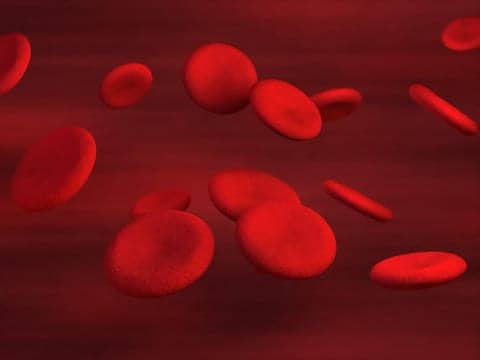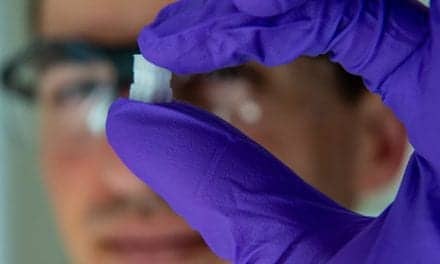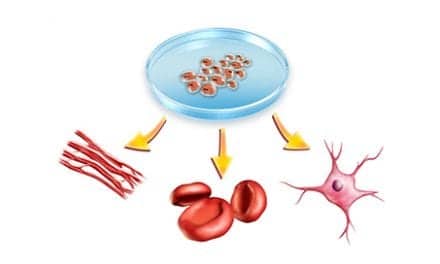According to research from Cleveland Clinic, a type of immune cell believed to worsen chronic adult brain diseases may actually protect the brain from traumatic brain injury (TBI) as well as slow the progression of neurodegenerative diseases. The research team, led by Bruce Trapp, PhD, discovered that microglia can help synchronize brain firing, which can protect the brain from TBI and may also help alleviate chronic neurological diseases. Microglias are the primary responders to the brain after injury or during an illness.
An advanced technique called 3D electron microscopy was used by the research team to visualize the activation of microglia and subsequent events in animal models. When chemically activated, the researchers found that microglia migrate to inhibitory synapses, connections between brain cells that slow the firing of impulses. A Cleveland Clinic news release notes that they dislodge the synapse, which thereby increases neuronal firing and leads to a cascade of events that enhance the survival of brain cells.
Trapp says, “Our findings suggest the innate immune system helps protect the brain after injury or during chronic disease, and this role should be further studied.” Trapp adds, “We could potentially harness the protective role of microglia to improve prognosis for patients with TBI and delay the progression of Alzheimer’s disease, MS, and stroke. The methods we developed will help us further understand mechanisms of neuroprotection.”
[Source: Cleveland Clinic]





